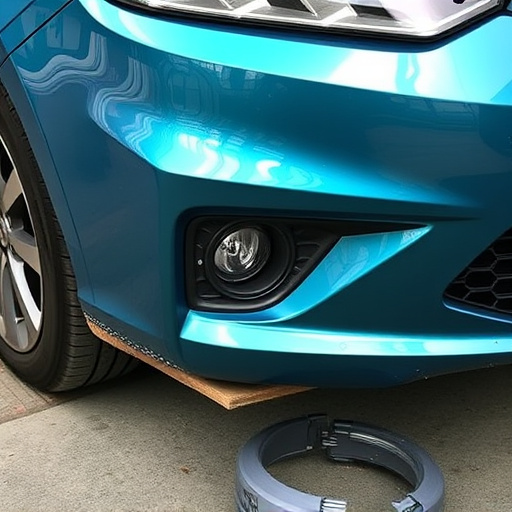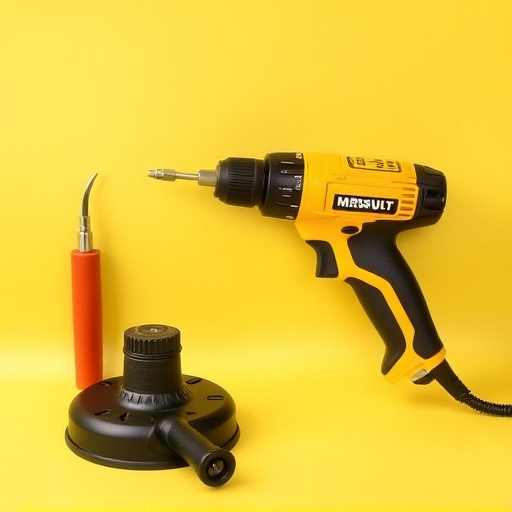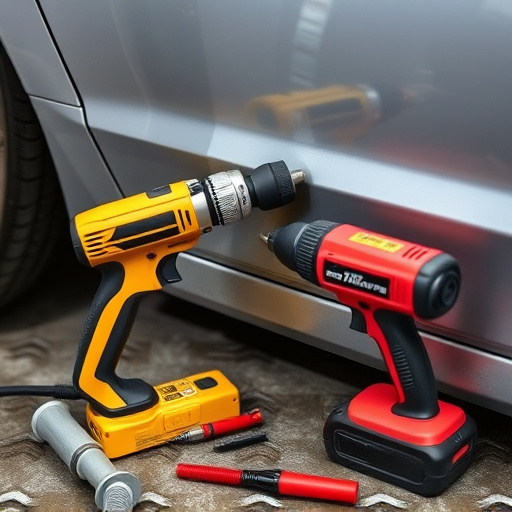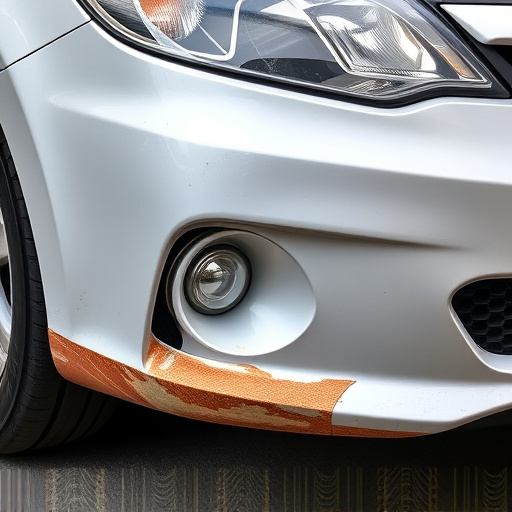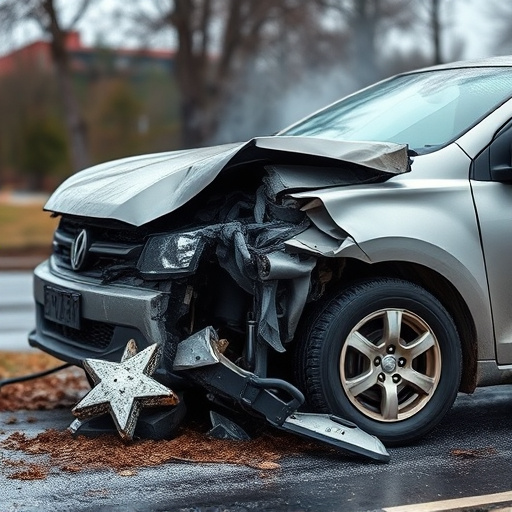Diminished value claims, a crucial aspect of automotive accidents, refer to reduced vehicle resale value post-repair. These claims arise from buyer perceptions of damaged cars, impacting overall worth. Policyholders and insurers must understand these claims for fair compensation. Assessing damage involves detailed inspections and mechanic reports. Even minor damages can affect value. Drivers should consider potential losses and negotiate settlements based on damage extent, market trends, and repair quality.
In the aftermath of an accident, vehicle owners often encounter a complex process: diminished value claims. This article delves into the intricate world of these claims, providing a comprehensive guide. We explore how drivers can navigate the assessment and proof processes to ensure they receive fair compensation for their vehicles’ post-accident devaluation. Understanding diminished value claims is crucial for informed decision-making during insurance settlements and repairs, ultimately safeguarding financial interests.
- Understanding Diminished Value Claims
- Assessing and Proving Loss in Accidents
- The Impact on Insurance Settlements and Reparations
Understanding Diminished Value Claims
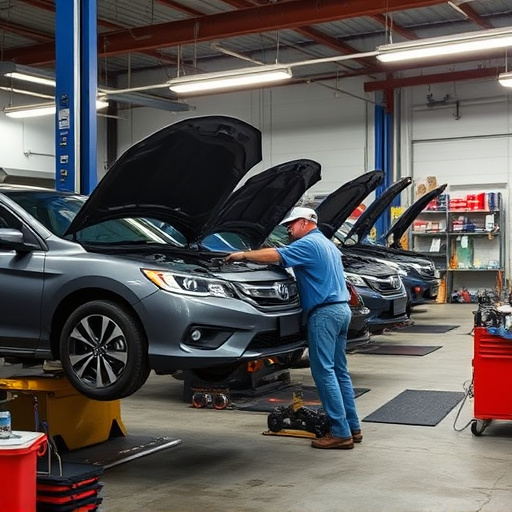
Diminished value claims are a significant aspect of automotive accidents that often go overlooked by both policyholders and insurance companies. These claims refer to the reduction in a vehicle’s value following an incident, which can be caused by various factors ranging from minor fender benders to more severe collisions. When a car undergoes autobody repairs or even requires minimal car body restoration, its overall worth can be affected. This is because potential buyers may perceive post-accident vehicles as less desirable, leading to a decrease in resale value.
Understanding diminished value claims is crucial for both parties involved in an accident. Policyholders should be aware of their rights and the potential impact on their vehicle’s future value. On the other hand, insurance companies need to accurately assess these claims to ensure fair compensation. A thorough evaluation of the repair process, including detailed estimates and expert opinions, can help determine if and to what extent the car’s value has diminished, ensuring a more precise and just settlement.
Assessing and Proving Loss in Accidents

After an accident, assessing and proving loss can be a complex process. Diminished value claims often arise when vehicles sustain damage that affects their market worth post-incident. The first step is to thoroughly inspect the vehicle, documenting every scratch, dent, or mechanical issue. This includes taking detailed photos, videos, and, in some cases, employing specialized tools for accurate measurements.
Proving loss involves compiling comprehensive evidence. For classic cars or vehicles requiring intricate restoration work like those handled by a vehicle body shop, detailing reports from experienced mechanics can be invaluable. Even minor damages could impact the overall value of the vehicle, especially if they affect its performance or aesthetics. This process is crucial in ensuring fair compensation through diminished value claims, and it may include estimates from reputable tire services for tire replacements or repairs.
The Impact on Insurance Settlements and Reparations
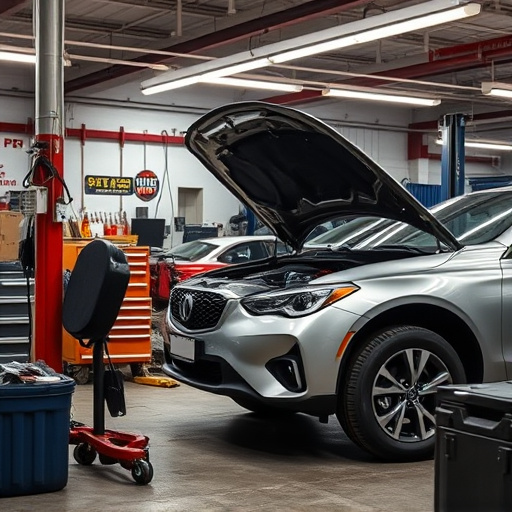
After an accident, diminished value claims play a significant role in shaping insurance settlements and repairs. These claims represent the reduction in a vehicle’s value due to damage incurred during the incident. As such, they directly impact the financial outcome for both policyholders and insurers. When filing for repairs or settlement, drivers must consider the potential loss in resale value of their vehicle, which can be assessed by professional appraisers using various methods and tools.
Insurers often factor in diminished value when calculating compensation, especially if the car requires extensive automotive body work or car restoration services from a reputable body shop. This means policyholders may receive less than the total cost of repairs, as insurers aim to cover their costs while accounting for the vehicle’s now-diminished worth. However, drivers have the right to dispute these assessments and negotiate based on the extent of damage, market trends, and the quality of body shop services used for repairs.
Diminished value claims play a significant role in ensuring that individuals affected by accidents receive fair compensation for their vehicle damages. By understanding these claims, assessing loss accurately, and navigating legal processes effectively, victims can secure appropriate repairs or settlements. This article has provided insights into the crucial aspects of diminished value claims post-accidents, empowering individuals to make informed decisions and advocate for their rights in insurance settlements and reparations.




